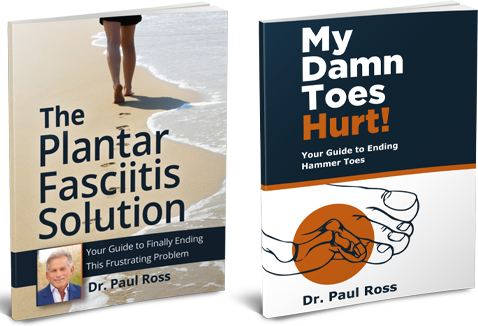 Tendinitis is the inflammation of a tendon caused by stress or injury. Achilles tendinitis is simply inflammation of the Achilles tendon, the largest tendon in the body which connects your heel bone to your calf muscles. While the Achilles tendon is strong and can withstand pressure, it is prone to injury and inflammation with overuse. Our podiatrist in Silver Spring, MD, explains more here.
Tendinitis is the inflammation of a tendon caused by stress or injury. Achilles tendinitis is simply inflammation of the Achilles tendon, the largest tendon in the body which connects your heel bone to your calf muscles. While the Achilles tendon is strong and can withstand pressure, it is prone to injury and inflammation with overuse. Our podiatrist in Silver Spring, MD, explains more here.
Symptoms of Achilles Tendinitis
An injury of the Achilles tendon can cause heel pain, tenderness, thickening of the tendon, and swelling. There are two types of Achilles tendinitis, depending on which part of the tendon is injured:
- Insertional tendinitis – this involves the lower part of the heel, where the bone attaches to the tendon. This type of tendinitis can occur even in people who do not exercise frequently, but it is also common in long-distance runners. It often results in bone spurs in the heel.
- Noninsertional tendinitis – fibers in the middle of the tendon degenerate and swell, causing pain. This type occurs more frequently in active people.
Causes of Achilles Tendinitis
This condition is common in runners and middle-aged people who exercise infrequently. It can develop if you:
- Suddenly increase your amount of exercise – the tendon is not in the condition to support the increased stress
- Have existing bone spurs that rub against the tendon
- Have tight calf muscles that put extra stress on the Achilles tendon
You can reduce the risk of tendinitis by easing into exercise if you aren’t an active person. Stretching and doing foot exercises can also help.
How Is It Treated?
Achilles tendinitis treatment usually involves at-home care such as rest, pain relievers such as ibuprofen, therapeutic stretching, and ice. It’s also important to have properly fitting shoes that support your arches and heels. Our podiatrist will examine your foot to ensure that you have Achilles tendinitis before recommending treatment. In certain cases, surgery may be needed to relieve pain that persists for months.
Contact Our Podiatrist in Silver Spring, MD, Today To Find Out More!
The information provided in this article is not meant to be medical advice and is for educational purposes only. If you would like to learn more about this and other podiatry-related topics, feel free to contact The Podiatry Center by clicking here or by calling 301-232-3764.

